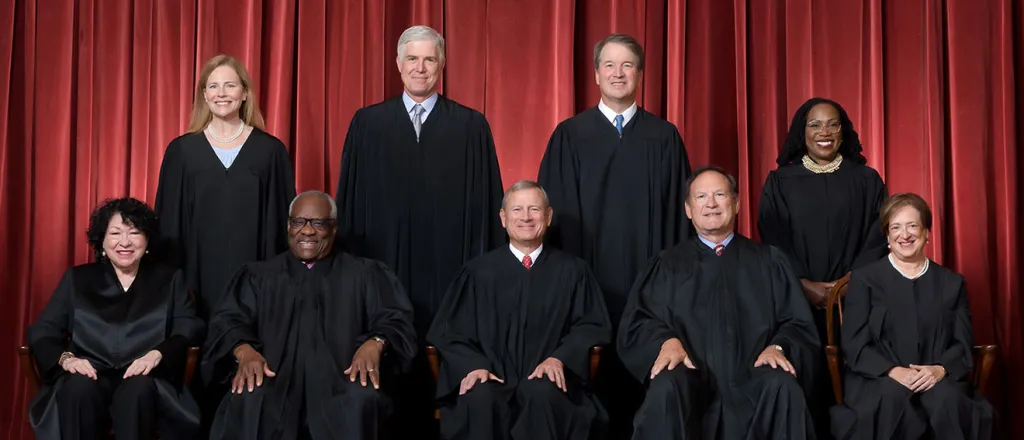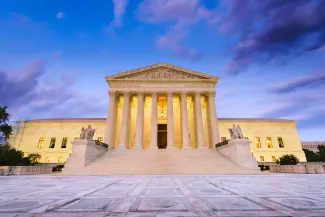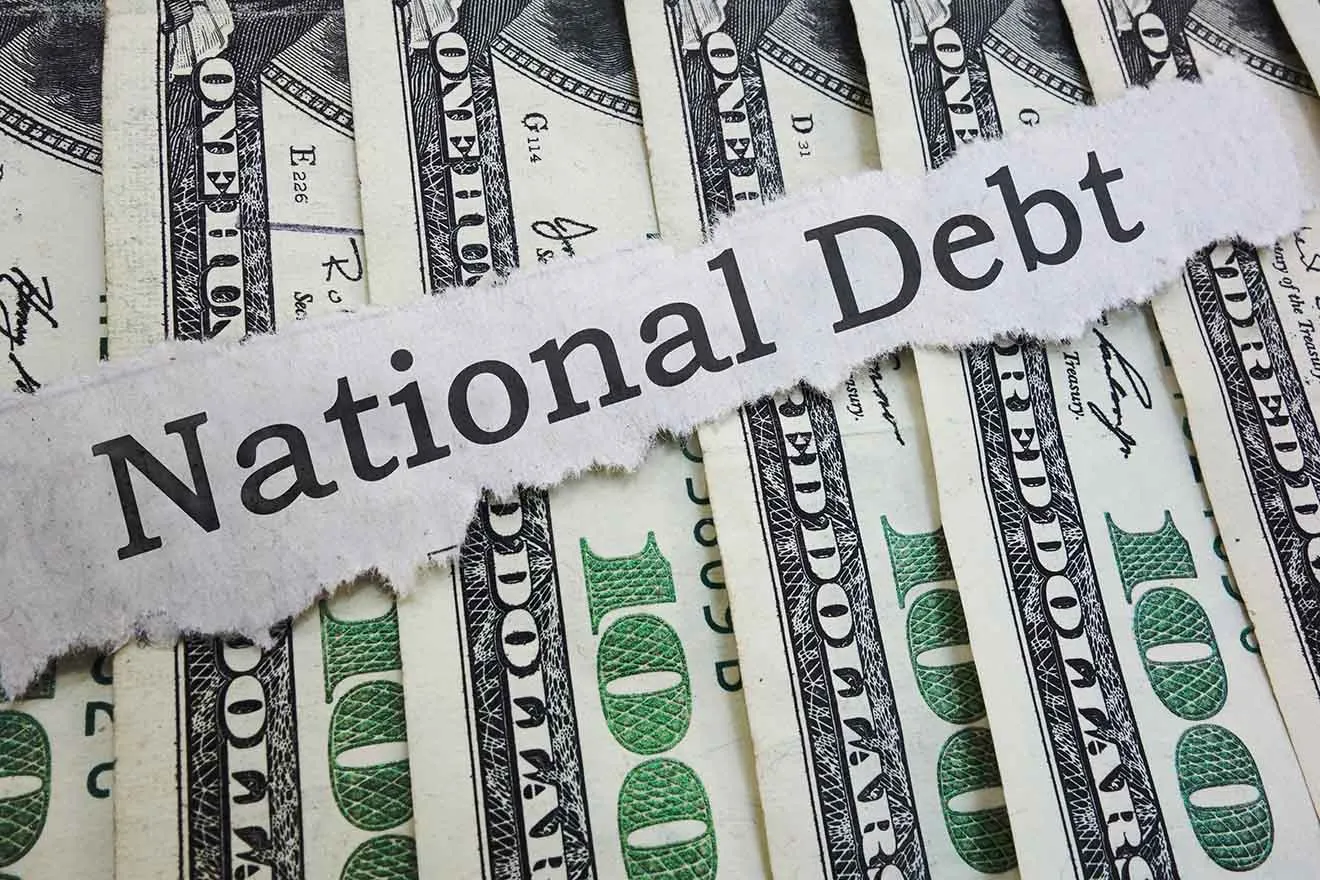
Supreme Court weighs case that could weaken environmental protections
Click play to listen to this article.
(California News Service) The Supreme Court is expected to rule any day now on two cases that could allow judges to more easily overrule federal agencies, which could have big implications for environmental, consumer and public health protections.
The two cases -- Loper Bright Enterprises v. Raimondo and Relentless Inc. v. the Department of Commerce -- aim to overturn the 1984 Chevron deference doctrine that said when ambiguous statutes are being challenged in court, judges must defer to the reasonable interpretation of agency experts.

© iStock - SeanPavonePhoto
"It would give judges a lot more power to write very impactful regulatory provisions where those judges really don't have a lot of expertise," said Jim Murphy, the National Wildlife Federation's director of legal advocacy.
Opponents of the Chevron deference doctrine have said it gives too much power to the executive branch. The cases stem from a dispute where fishing crews are challenging requirements that they pay to have a monitor onboard to guard against overfishing and bycatch of endangered species.
If the Supreme Court invalidates the Chevron deference doctrine, Murphy said, it would undermine the work of dozens of agencies including the Environmental Protection Agency, the Food and Drug Administration, the Federal Trade Commission and the Federal Communications Commission.
"The people who are charged with protecting our public health and protecting our natural resources are not going to have the tools they need," he said, "and it's going to result in people getting sick, people dying, places getting polluted. It's going to have real impact for a very long time."
The Supreme Court generally releases its decisions in mid-June before going into recess for the summer.

















